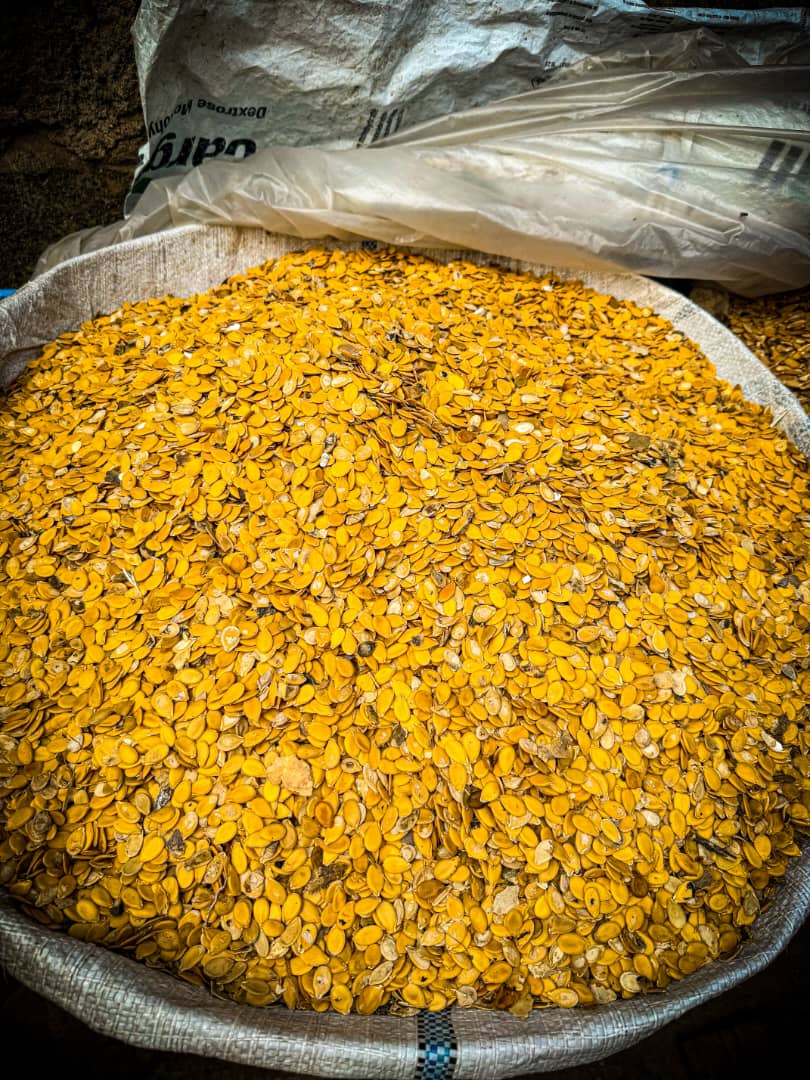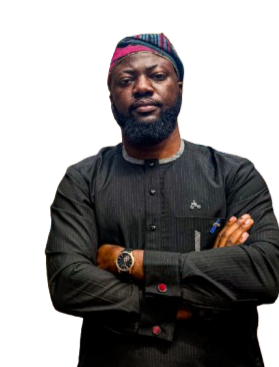Egusi (melon) seeds, a cornerstone of West African cuisine, are poised for an unprecedented journey to outer space.
This pioneering scientific experiment, spearheaded by Nigerian space scientist and Federal University of Technology, Akure alumnus, Temidayo Oniosun, aims to evaluate the nutritional and functional suitability of Egusi seeds for extended human space exploration.
The historic launch is scheduled for July 31st at 12:09 PM EDT (5:09 PM Nigerian time), aboard NASA’s Crew-11 resupply mission to the International Space Station (ISS) from Cape Canaveral, Florida.
This groundbreaking initiative, according to a statement jointly signed by Space In Africa’s Queen Dare and Temitayo Oniosun, on Wednesday, marks the first time that seeds from Nigeria will be sent to space, a testament to global cooperation in space research, facilitated by collaborations with The Karman Project and Jaguar Space LLC. Temidayo Oniosun, a prominent voice in Africa’s burgeoning space tech community, expressed the profound significance of the moment.
The statement quoted Oniosun as saying, “I am sending Egusi seeds to outer space to assess their suitability for nutritional and functional applications in long-term human space exploration.
“This is the first time in history that seeds from Nigeria will be going to space.”
The Egusi seeds, carefully sourced from Oyo State, will share the payload with other experimental items under the supervision of NASA astronaut and U.S. Navy Lieutenant Commander Jonny Kim.
 Egusi (melon) seeds | Credit: SPACE IN AFRICA
Egusi (melon) seeds | Credit: SPACE IN AFRICA
Upon their return to Earth, the Egusi seeds will undergo a rigorous battery of experimental analyses in partnership with Dr. Wagner Vendrame, a distinguished Professor at the University of Florida.
This post-spaceflight research will delve into various aspects, including in vitro germination for morphological and physiological changes, spectral imaging for viability, respiration tests to assess metabolic activity, and molecular analysis to identify genetic variations. Oniosun further emphasized,
“This research goes beyond agriculture; it’s about food security, adaptability, and scientific sovereignty in space exploration.
“If Egusi can survive and thrive after exposure to space conditions, it opens new doors for indigenous crops in extra-terrestrial agriculture”, Oniosun said.
This bold step not only highlights Nigerian scientific prowess but also paves the way for a more diverse and resilient approach to food production in the final frontier.
“This research goes beyond agriculture; it’s about food security, adaptability, and scientific sovereignty in space exploration. If egusi can survive and thrive after exposure to space conditions, it opens new doors for indigenous crops in extra-terrestrial agriculture,” Oniosun noted.
Temidayo Oniosun’s work is being widely celebrated as a monumental achievement for Nigerian science, academia, and innovation.
A graduate of FUTA and an advocate for Africa’s representation in global space discussions, Oniosun’s space experiment places Nigeria on the world map in the realm of astro-agriculture.
The Vice Chancellor of FUTA, Professor Adenike Oladiji, is thrilled by the development and the role of one of the institutions alumni.
He said, “As the countdown begins, the world watches not just a rocket launch, but a symbol of African innovation hurtling beyond Earth’s atmosphere, seeded by home-grown potential, nurtured by academic excellence at the Federal University of Technology Akure Nigeria, and now touching the stars.”
Oniosun graduated with a Bachelor of Technology degree in Meteorology from the Federal University of Technology, Akure in 2016 and has a master’s degree in satellite applications from the University of Strathclyde, Glasgow. He earned his Ph.D. at the University of Delaware.
In May 2015, as a student of the Federal University of Technology, Akure, he led the University space club to launch a balloon to space in a contest.
In 2016, he was the recipient of the International Astronautical Federation Emerging Space Leadership Award for his work in the space industry.
He was elected the regional coordinator for Africa for the Space Generation Advisory Council in February 2017 and re-elected for a second term in 2019.
